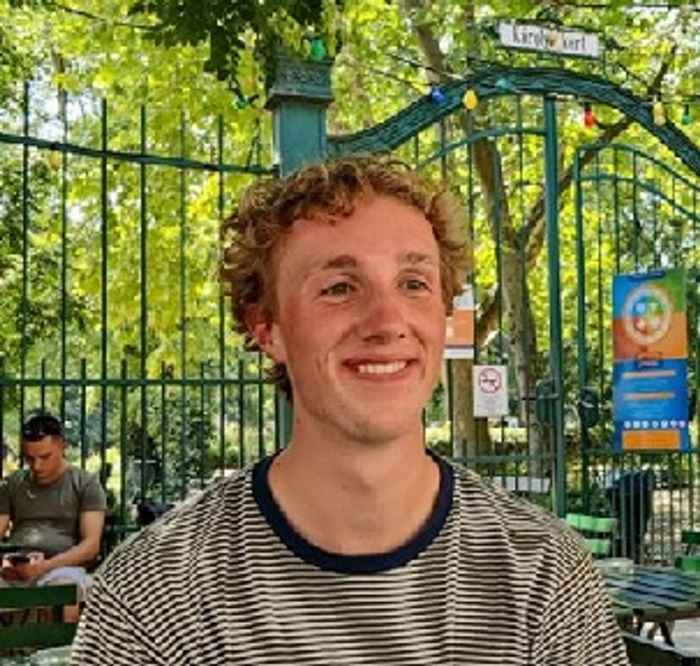'Doing an interview can feel nerve-racking, but it often leads to interesting results for your research.'
Jouk about his research project on Texel

For many students, beginning a research project is the hardest part, because you don’t yet have a clear idea of what you want or need to do. But once you get started, you slowly grow into it, and carrying out the research becomes more enjoyable. What helped us a lot was the support from our lecturers during the week. With daily feedback sessions and general meetings, we were guided well and could always ask our questions.
Interviewing people
Our research focused on the energy transition on Texel and the role of the local government. During our interviews, we asked different residents how they felt about this transition and what they thought the municipality was doing well or not so well. Doing an interview can feel nerve-racking, but it often leads to interesting insights for your research.
Working with data
The difficult part comes after collecting all the interviews and questionnaires. Which information do you want to use to answer your research question properly? Because you collected the data yourself, you know exactly what you need and how to write it down clearly. The whole project feels much more personal when you carry out every step yourself.
Sharing the results
After finishing the research, we were asked if we wanted to write an article for a website with geographical news. We didn’t hesitate. It allowed us to share our results more widely, and it gave us the feeling that we were helping the people of Texel even more.